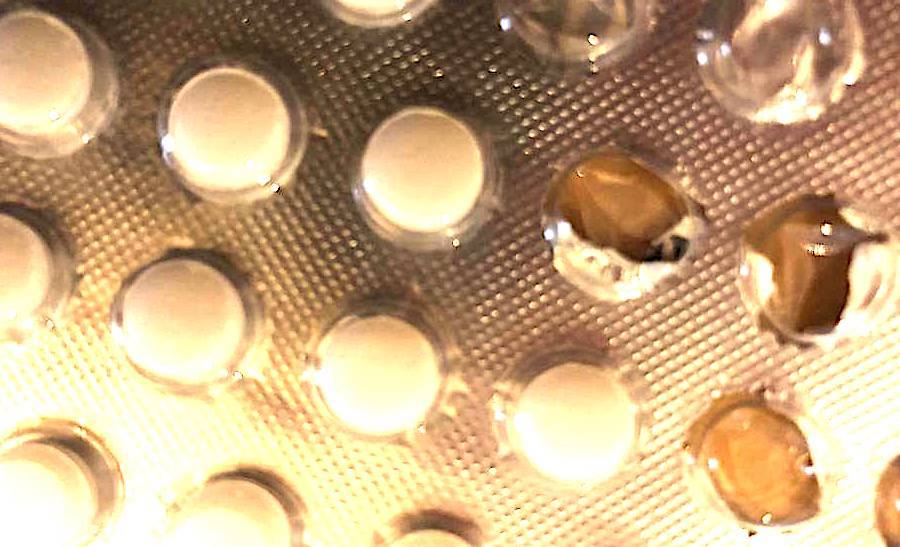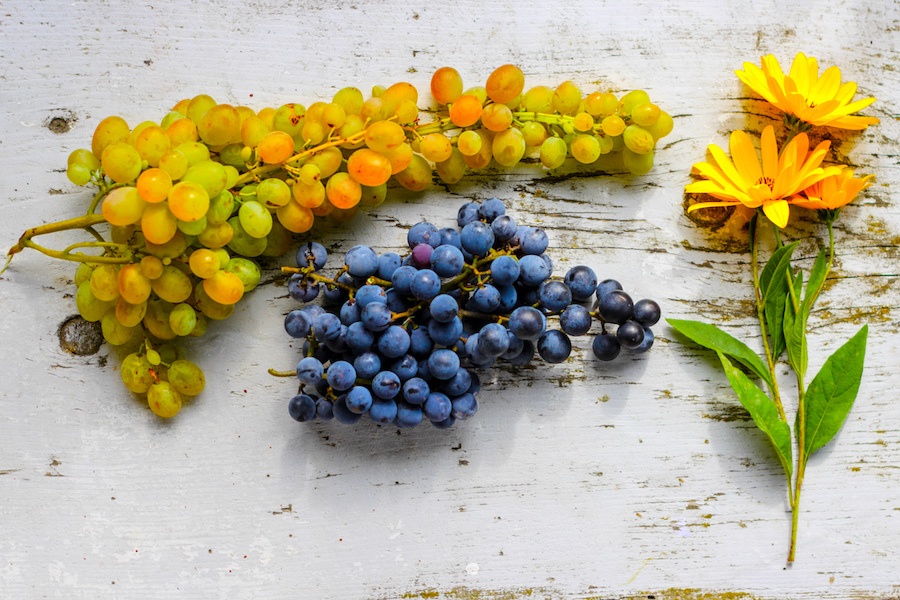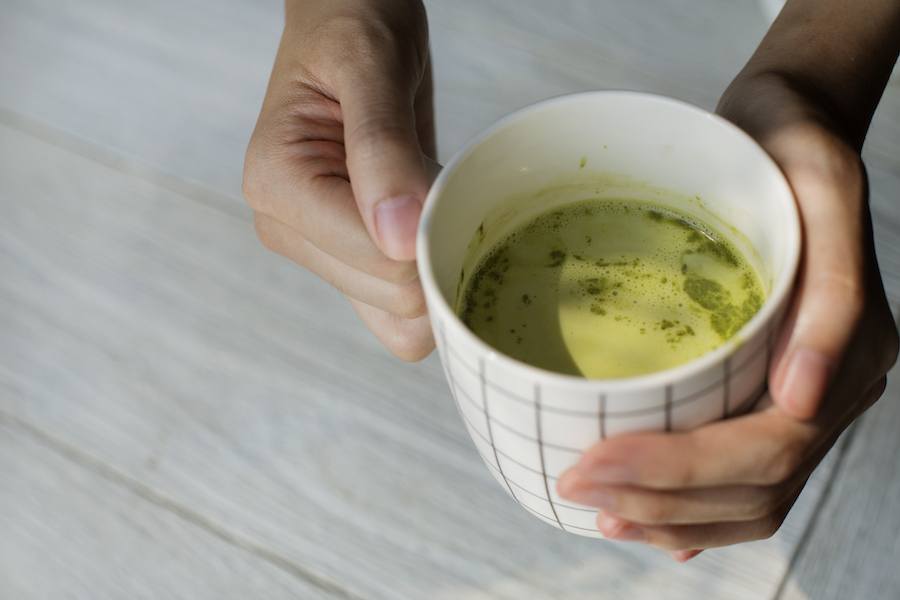The 12 Best Natural Supplements for Hirsutism
Hirsutism is a condition that is characterized by the presence of male-pattern hair growth in women and can range in severity, symptoms and its impact on the patient’s mental health. While some women may not be as bothered and find the condition manageable, it may lead others into depression and social anxiety. In addition to medication and cosmetic treatment, there are a number of natural supplements for hirsutism which are often mentioned. But do they really work? Let’s explore them below.
What Causes Hirsutism ?
In many cases of hirsutism, the culprit is testosterone, an androgen hormone that is often called the “male” sex hormone, as it leads to the development of body characteristics that are considered typically male, such as the presence of hair on the chin, chest, arms and legs, back and buttocks.
Androgens such as testosterone are present in varying amounts in women and men. An excess amount of testosterone in women or an excess amount of estrogen in men causes hormonal imbalance and can cause various conditions. High levels of androgens in women can be a symptom of polycystic ovary syndrome (PCOS) and hirsutism.
So what are the best supplements for hirsutism and PCOS? The answer is: It depends. A hormonal imbalance can have various causes and you should talk to your doctor if you are a woman and notice symptoms like male-pattern hair growth, irregular periods, or acne. It is vital to understand the cause of excess testosterone and treat it accordingly following the recommendations of a medical professional.
There are a number of natural supplements that are often mentioned for hirsutism and PCOS, however the scientific evidence is often limited. If you are interested or intend to start a supplement, always discuss them with your doctor first to make sure they are safe to take with your current treatment, and discuss the dosages you should take.
Natural Supplements for Hirsutism
These supplements are most often mentioned as being of use in hirsutism and/or for PCOS. But do they work? Let’s dive into the evidence behind them:
1. Zinc
Zinc is an essential mineral that is believed to have anti-androgenic effects through the inhibition of the 5-alpha reductase enzyme. Even though there have been studies to explore the efficiency of zinc in hirsutism, the findings so far have been contradictory, meaning that there is no clear answer if zinc is effective in hirsutism or not. More studies and scientific evidence is required. Click here to to learn more about Zinc.
2. Progesterone
Progesterone is a hormone produced by the ovaries during the menstrual cycle. In conditions such as PCOS and Hirsutism, a woman’s progesterone level can also be impacted. Some women believe using progesterone as a supplement or cream would help with their symptoms, however this is not necessarily the case, as progesterone only has a minimal effect on hair growth. Also, there is little to no scientific evidence for progesterone supplementation for Hirsutism. If you’re still interested in taking Progesterone, make sure to talk to your doctor about it first. Click here to learn more about Progesterone.
3. Spearmint (Mentha Spicata)
Early studies indicate that women with hirsutism were able to reduce the levels of free and total testosterone in their blood with spearmint herbal tea. Women experienced a statistically significant amount decrease in male hormone levels in only 30 days. There is first evidence that spearmint tea could be a promising supplement. However, larger and longer trials are still needed to confirm the effect. Click here to learn more about Spearmint.
4. Reishi Mushroom (Ganoderma lingzhi)
Reishi mushrooms are a type of fungus that have been used to treat infections in Eastern countries for hundreds of years and are said to have immune-boosting and also anti-androgenic effects. Reishi is thought to inhibit the 5-alpha reductase, the enzyme that turns testosterone into the more active DHT. There currently is little to no scientific evidence for the use of Reishi mushrooms for Hirsutism. Click here to learn more about Reishi Mushroom.
5. DIM (diindolylmethane)
DIM is formed in the body when eating vegetables that contain indole-3-carbinol, such as broccoli, cabbage or kale. Some believe it to act similar to Estrogen, however there is little to no scientific evidence available to support this theory. Click here to learn more about DIM.
6. Saw Palmetto (Serenoa repens)
Saw palmetto is a small palm tree that is believed to have anti-androgenic effects. Even though there are studies ongoing for Saw Palmetto, it is mainly studied for BPH (Benign prostatic hypertrophy, prostate enlargement), and scientific evidence for use in PCOS or Hirsutism is still lacking. Click here to learn more about Saw Palmetto.
7. Chaste Tree (Vitex agnus-castus)
Chaste Tree is sometimes used in traditional medicine for hormone imbalances. It may have an impact on prolactin levels, however the exact role and its implications are not clear yet. Further studies and research is required to know more about the effect of Chaste Tree on Hirsutism and PCOS. Click here to learn more about Chaste Tree.
8. White Peony & Licorice
While peony has long been popular in Traditional Chinese Medicine, it is often combined with licorice. The combination is thought to have effects such as reducing elevated androgen levels and regulating estrogen levels. However, there is little to no medical research or scientific evidence available that confirm these effects in Hirsutism. Click here to learn more about Peony and Licorice.
9. Black Cohosh (Actaea racemosa)
Black cohosh is another herb that is thought to have anti-androgenic effects, however there is no scientific evidence that suggests such an effect in Hirsutism or PCOS. Don’t take it if you have liver disease or a clotting disorder and make sure you consult your doctor before taking it. Click here to learn more about Black Cohosh.
10. Lavender and Tea Tree Oils
A preliminary study suggests that topical treatment with lavender and tea tree oils could help reduce the symptoms of mild idiopathic hirsutism. However, note that the study was very small, and much more research and scientific evidence is needed to confirm if there is any effect of lavender and tea tree oils on mild Hirsutism. Click here to learn more about Lavender Oil and click here to learn more about Tea Tree Oil.
11. Honorary Mention: Melatonin
An early, small study suggest that melatonin could be a therapeutic agent for women affected by PCOS. Also in this case, the study was very small and further research and larger trials are needed to confirm this effect. Click here to learn more about Melatonin.
12. Honorary Mention: Maca (Lepidium meyenii)
There’s a lot of discussion and buzz at the moment around whether or not the maca root can help with hirsutism symptoms. Other than a few anecdotal stories, those effects, however, are not backed by any medical research at this point in time. Click here to learn more about Maca.

How to Get Started with Supplements for Hirsutism
While taking supplements may seem rather straight forward, we suggest you follow the recommendations below to make sure you get the most out of the supplements you’re taking.
Always discuss them with your doctor first
If you have found a supplement you would like to try, always discuss them with your doctor or healthcare provider first, to make sure they don’t interact with the treatment you are currently taking, and if they are ok to take based on your current health status and other conditions you might be having.
One Supplement at a Time
Once you learn more about natural remedies for Hirsutism, you might be tempted to try them all at once. (I was!) Try to resist this temptation and opt for one supplement at a time. Once you’ve decided which one you want to start with and got the ok from your doctor, allow for some time to see whether or not a supplement works for you. If you’re not experiencing side effects and are feeling better, you can go ahead and discuss another one with your doctor, if you wish.
Be Patient
Sometimes supplements can quickly help you to feel better. If you’re looking to improve hirsutism symptoms, however, it can take a while until you notice a difference. Some argue, that it takes 6-12 months to see improvements, so it is important to be patient and consistent.
Overview of the Effects of Plant Derived Anti-Androgens
It is important to understand the effects of different natural supplements on the body in order to evaluate whether or not a certain supplement may be a useful in the treatment of hirsutism. The overview below was created as part of a study and can help you get an overview of the effect that these supplements are thought to have, which can be useful during a consultation with your doctor. Be aware that the scientific evidence for them is very scarce, and more research and larger studies are required for a definitive answer if they have an effect on hirsutism or not.
An overview of plant derived anti-androgens and the effect that they are thought to have (but more research is needed to confirm):
- Red Reishi (Gandoderma lucid): Might lead to a reduction in 5-alpha-reductase enzyme activity (which converts testosterone into the more active DHT)
- Licorice (Glycyrrhiza glabra): Might lead to a reduction in total testosterone levels, but it’s not clear if this also affects the free testosterone (the active form of testosterone)
- White Peony (Paenonia lactiflora): Might inhibit the production of testosterone and promotes the conversion of testosterone to estrogen
- Green Tea (Camellia Sinensis): Might inhibit the 5-alpha reductase and therefore might reduce the conversion of testosterone into the more active DHT
- Spearmint (Mentha spicata): Might lead to a decrease in free testosterone (so less active testosterone), and might lead to an increase in LH, FSH and estradiol
- Chaste Tree (Vital agnuscastus): Might help with the management of premenstrual syndrome (PMS), cyclical breast pain and the reduction of mild hyperprolactinemia
- Saw Palmetto (Serenoa repens): Might help with the management of excessive urination at night in benign prostatic hyperplasia (BPH)

How long does it take to see a difference?
Unfortunately with hirsutism it can take many months before you see an improvement. Since some women find the symptoms more manageable than others, many choose to see an aesthetician for waxing or laser hair removal. While cosmetic procedures do not cure the hormonal imbalance or address the root cause of the condition, self-care can help prevent psychological problems like social anxiety and depression. Unfortunately those are not uncommon among women struggling with hirsutism.
Conclusion
As mentioned earlier, natural supplements are no stand-alone therapy for Hirsutism, but can be a part of a holistic therapy. It is crucial to understand the underlying cause of the hormonal imbalance and you should consult your doctor to get the best treatment and find the best supplements for Hirsutism in your particular case.

